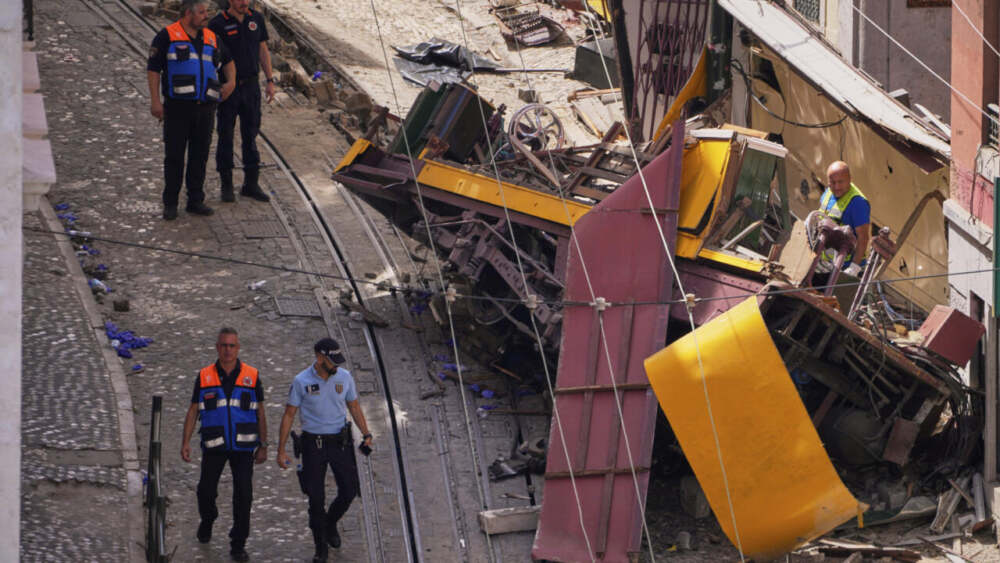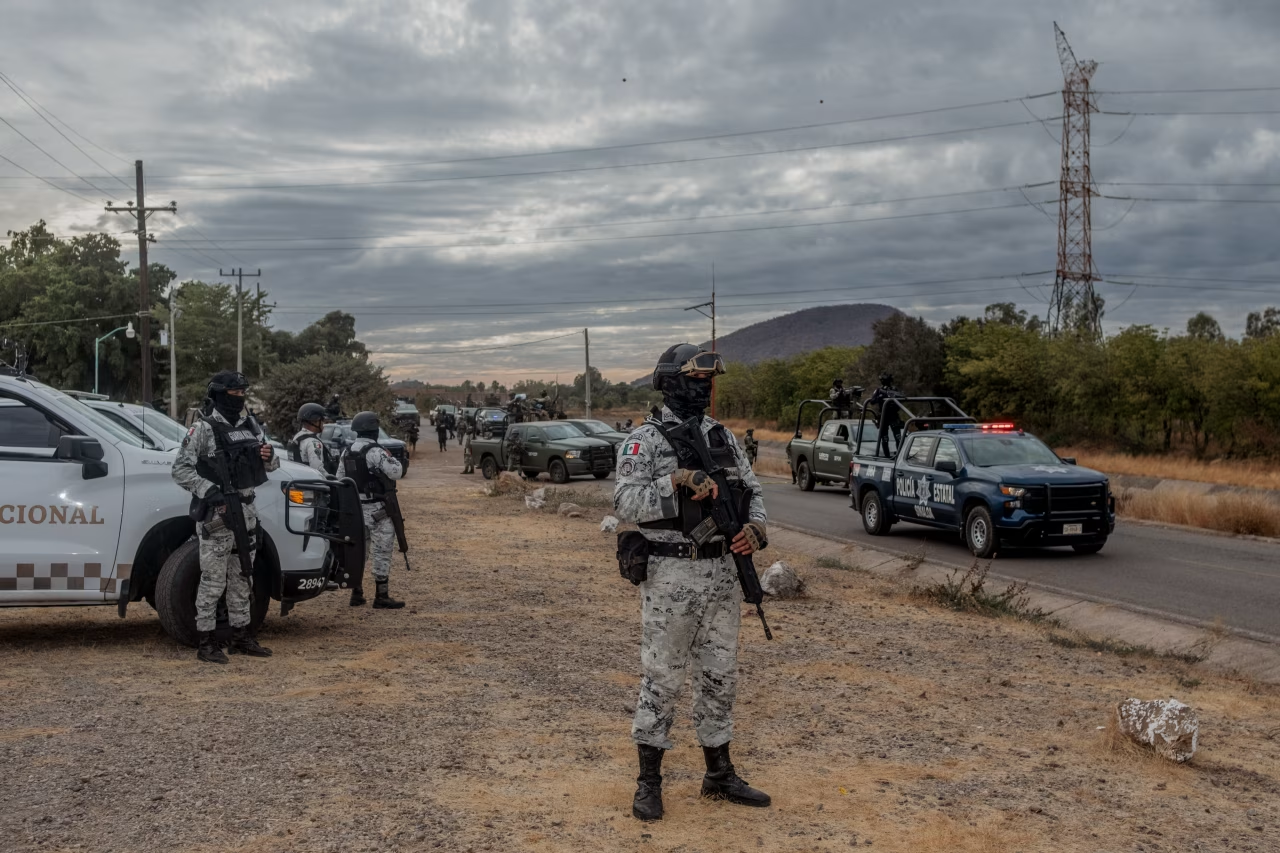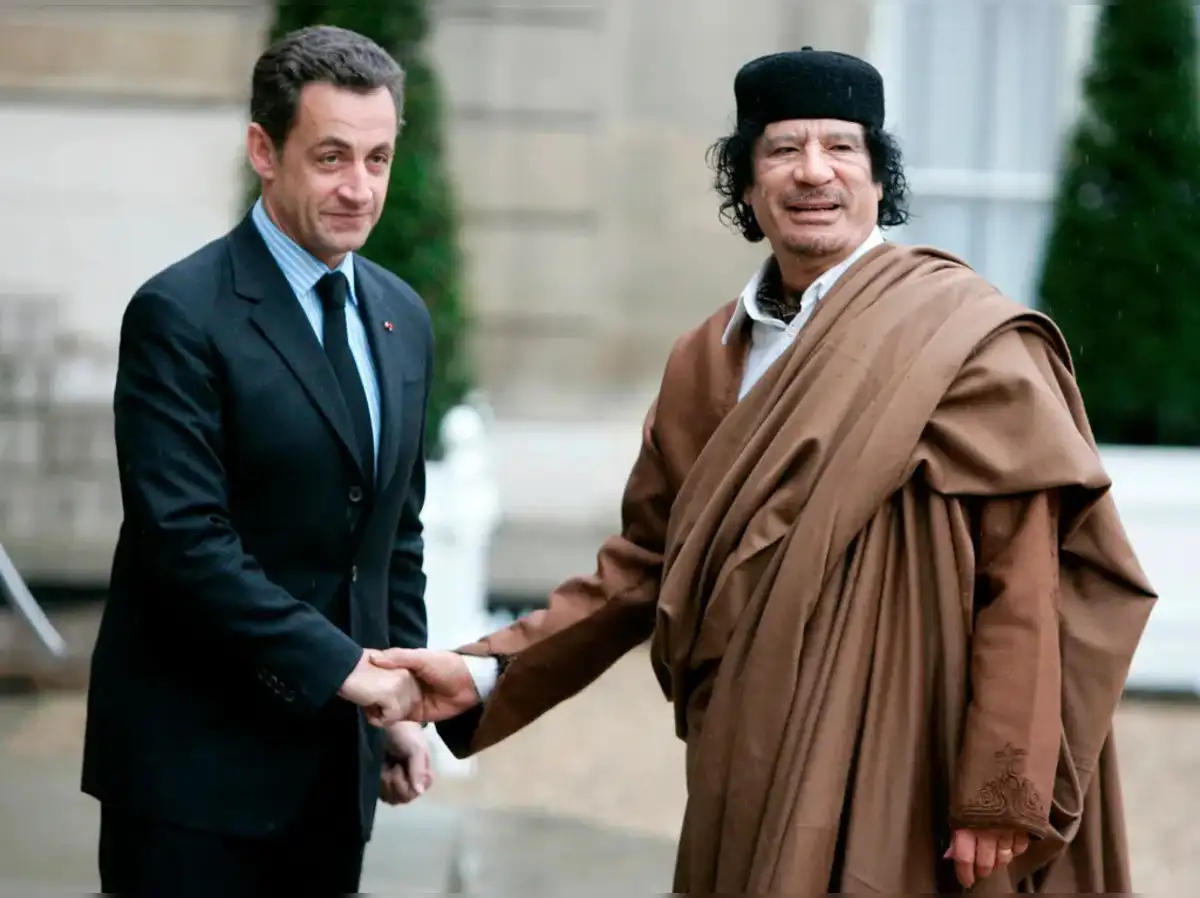Germany has announced it will suspend the export of weapons and military equipment to Israel that could be used in the Gaza Strip, citing the deepening humanitarian crisis in the territory. Chancellor Friedrich Merz said the decision reflects growing concern over civilian suffering, widespread hunger, and the lack of visible progress toward ending hostilities.
A Shift in Policy
The move marks a significant change for Berlin, which has long maintained unwavering support for Israel. Chancellor Merz, who previously expressed strong solidarity with the Israeli government, now argues that Israel’s military campaign is failing to meet its objectives of dismantling Hamas and securing the release of hostages.
Experts describe the suspension as a “warning shot” rather than a complete policy reversal, signaling Germany’s intent to pressure Israel without severing its strategic relationship.
Public and Political Pressure
The decision comes amid mounting domestic pressure. Recent polling shows that two-thirds of Germans want their government to take a firmer stance toward Israel, while fewer than a third believe Germany’s historical responsibility should outweigh current humanitarian concerns.
The issue has divided the political landscape. Some media outlets have sharply criticized Israel’s tactics, while others accuse the German government of turning its back on a close ally in wartime. Members of the ruling coalition are calling for additional measures, such as reviewing trade agreements with Israel, expanding medical aid for injured Palestinian children, and considering targeted sanctions against Israeli officials.
Strategic Importance
Germany is Israel’s second-largest arms supplier, accounting for roughly a third of its major weapons imports in recent years. Limiting exports that could be used in Gaza represents both a symbolic and practical constraint, one that could affect Israel’s operational capabilities if extended over time.
Looking Ahead
For now, Berlin insists it will continue to support Israel’s right to defend itself, but within boundaries shaped by humanitarian law and public sentiment. The suspension reflects a delicate balancing act—maintaining historical ties while responding to growing domestic and international calls for accountability.
















Leave a Reply